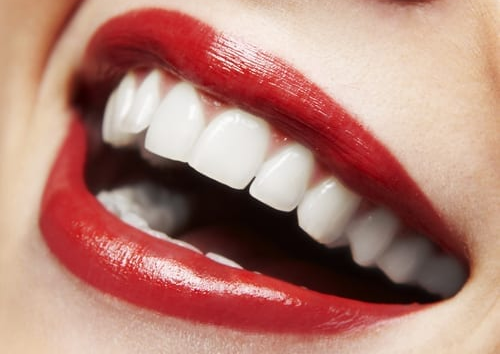Seasonal goodies can be eaten without cavities for holiday photos. These tips can help you maintain healthy teeth over the holidays.
Don’t overeat candy. This time of year is complete with candy canes, popcorn balls, and cookies, which can damage your teeth. You don’t have to skip Christmas treats. ‘Clean your teeth after eating one dessert. “You’ll expose your teeth to less sugar [with a single treat] than if you nibble frequently, lowering tooth decay.”
Snack well. Use a nutcracker, not your teeth to shell nuts. If don’t have nutcracker? Choose another snack. One mistake might have severe and costly consequences.
Maintain routine. Even on holidays, brush twice a day.
Maintain excellent habits and “freshen up” after meals with a toothbrush and toothpaste in your handbag or briefcase. Sugarless gum stimulates saliva, eliminates food, and more if you can’t brush.
Respect appointments. Skipping a dental exam may get you in trouble. Catching issues now is preferable to waiting until January.
If it falls over the holidays, consider your 6-month checkup a Christmas gift and a celebration of good oral health.
It’s crunch time.
Shattering a tooth on Grandma’s peanut brittle may prevent you from visiting the dentist. Most dentist offices are closed on holidays.
Get ready. Pack floss, gauze, and OTC painkillers with your toiletries for minor dental issues when traveling. You should bring your dental insurance number.
Know who to contact. Request an emergency referral from your dentist’s orthodontist if the practice is closed on holidays. Find the nearest emergency dental clinic.
Act now to seek aid. Delaying fractured teeth or filling therapy till the new year may worsen the situation. Visit a nearby dentist for emergency dental care while traveling. Most dentists schedule emergencies even for infrequent patients, but My Smile Doctors Parramatta will.
Without superhuman willpower, we cannot avoid some meals that would benefit our health, waistlines, and teeth. Holidays are about relaxing, spending, and delighting, but they also tempt.
However, a little planning can help keep teeth healthy and minimize damage. Enjoy Christmas without damaging your teeth with these tips:
-
Sweets should accompany meals, not follow them. Excess saliva helps wash away sugar, preventing tooth stickiness.
-
Drink lots of water. Water cleans the mouth and produces saliva, which deposits minerals that improve tooth enamel. Water moisturizes gums and cleans teeth.
- Rest well throughout the holidays. At least 8 hours of sleep improves dental and overall health
-
Cheese contains cavity-fighting compounds and tooth-building vitamins. Cheese’s calcium and phosphate help maintain oral pH, protect tooth enamel, create saliva, and kill cavity-causing microorganisms.
Eat apples, strawberries, and kiwis to clean your teeth. Fruit fibers interact with saliva to wash away food particles and microorganisms that discolor.
By removing plaque, carrots, cauliflower, broccoli, and cucumbers can clean teeth and gums.
Fresh herbs such as parsley, cilantro, and mint, when chewed, assist to reduce smells produced by bacteria accumulation. Incorporate them into your salad!
As expected, sweets are detrimental to your teeth and oral health, but some are very bad, even if they taste good. Specially notice:
Candy canes (check your teeth and dental work!)
Break the peppermint bark into pieces if your teeth are fragile, and soak them in milk, coffee, or tea.
Christmas cookies with a crunch (see Peppermint bark, above)
Pecan pie, caramels, taffy, and peanut brittle (the stickier the treat, the more damaging it is to your teeth)
Holiday drinks: eggnog, cider, and hot chocolate
glass of wine (red and white cause tooth discoloration and perforations)
Popcorn is tasty (watch kernels).
Fruit cake (may contain chewy dried fruit)
If you forget the advice, remember that what is good for your body is also suitable for your tongue, and vice versa.
Keeping My Smile Bright
Home oral hygiene is vital to prevent tooth decay and gum disease, the deadly dental duo. Tooth decay is the world’s most common chronic condition, although periodontitis (gum disease) causes most adult tooth loss.
Even with proper dental hygiene, you need frequent dentist visits and cleanings.

